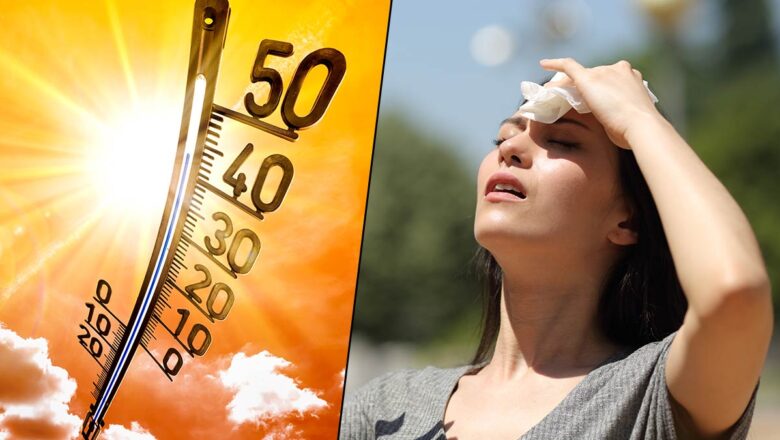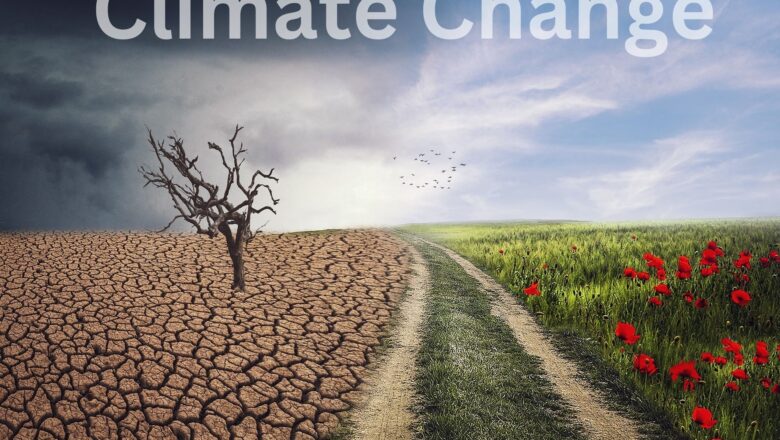
New Study Finds Europe Adapts Better to Cold Than Heat
April 15 – Europe has made more progress in adapting to cold weather than to heatwaves over the last two decades, according to a new study led by the Barcelona Institute for Global Health (ISGlobal), in collaboration with the Barcelona Supercomputing Centre. The research published in The Lancet Planetary Health analyzed data from over 800 regions in 35 countries across Europe between 2003 and 2020.
The findings reveal that the risk of death from cold temperatures dropped by 2% per year, while deaths linked to extreme heat also declined, but only by 1% annually. This suggests that while Europeans are increasingly resilient to cold the response to rising heat threats remains slower and less effective.
To reflect the diverse climate and vulnerability across Europe, researchers introduce...





